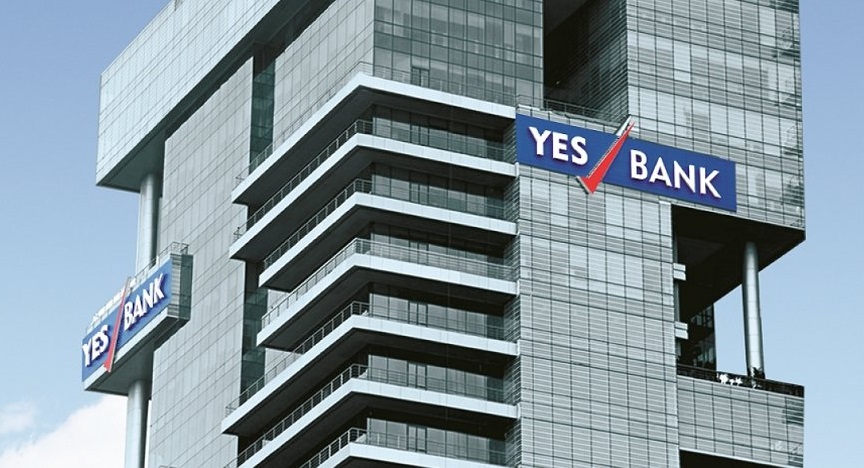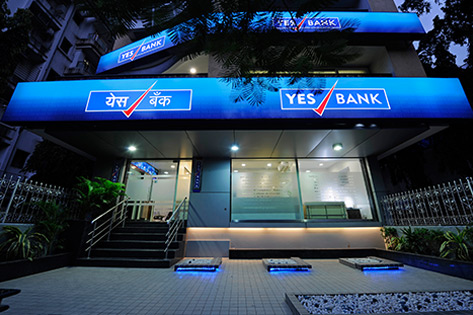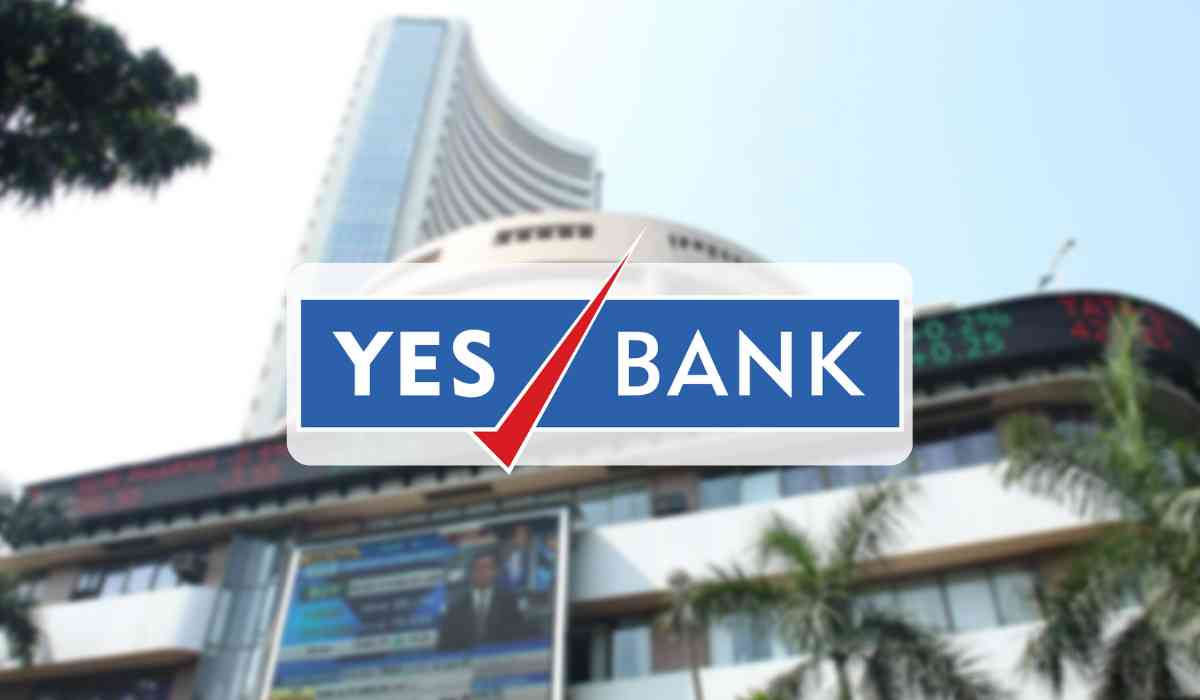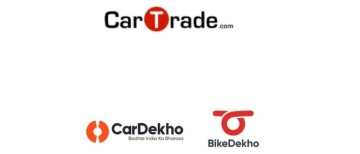Yes Bank shares continue to slip after the mandatory 3-year lock-in period for investors expired on March 13. Reserve bank of India had mandated the lock-in period for private lenders and investors under the bank’s restructuring scheme in March 2020.
The shares had plunged by 13% on Monday (the day of the lock-in expiry) to a low of Rs 14.40 before they recovered to the closing price of Rs 15.65 at the closing bell. The bank’s share dropped by 1.29% today, to the end of the day at Rs 15.35. The shares of the bank have fallen by nearly 6.9% in the three days since the lock-in was lifted.

An SBI-led consortium injected Rs 10,000 crore into Yes Bank in March 2020 to help the bank survive by helping it meet its liquidity requirements. SBI had invested Rs 7,250 crore to stabilize the falling lender. According to the latest shareholding pattern of the consortium, SBI owns 26.14% of the bank, HDFC owns 3.48% of the bank, ICICI Bank owns 2.61%, Axis Bank owns 1.57%, Kotak Mahindra Bank owns 1.32% stake and IDFC First Bank holds 1% stake in the lender as reported by Business Today.
The banks are looking at a handsome 65% profit from the deal as they were allotted the shares at Rs 10 each and are now trading at Rs 15.35. The fear that lifting the lock-in period will increase the supply more than the demand of the stock has sent the Yes Bank price, spiralling down.

The bank recorded a poor December 2022 quarter with net profits falling by 80% to 52 crore. Yes Bank’s decision to write down AT-1 bonds is currently being challenged in court and is a factor that could be a key risk factor according to analysts as reported by Moneycontrol.
ICICI direct has stated that the RS 8,900 crore capital raised from Carlyle and Advent will position the bank for growth. “However, given a Security Receipt (SR) of Rs 3,770 crore (from the sale of stressed assets of the face value of Rs 6,800 crore) and ageing on the same, earnings could remain volatile quarterly," said ICICIdirect.
Yes Bank was suffering the consequences of bad loans and depleting deposits in late 2019. The Bank was placed under moratorium by the RBI as it concluded there was no "credible revival plan" with the bank. The central bank had imposed limits on withdrawals to protect depositors and announced a reconstruction scheme in 2020.
*Disclaimer: This content piece is for informational purposes only. Recommendations, suggestions, views, opinions, scores, research and investment tips expressed herein are not that of Vygr (Vygr Media Private Limited or its management and has been gathered from various third-party sources. Vygr/VMPL does not guarantee the accuracy, adequacy or completeness of any information and is not responsible for any errors or omissions or for the results obtained from the use of such information. The content provided herein should not be relied upon or construed as an investment advice or recommendation or opinion. Please note that all markets have inherent risks. Furthermore, risk appetite is a personal aspect and varies from individual to individual. Vygr is not licensed to advice or recommend investments. Vygr advises users to check with certified (Licensed and Registered intermediaries) experts before taking any investment decision.
©️ Vygr Media Private Limited 2022. All Rights Reserved.

























